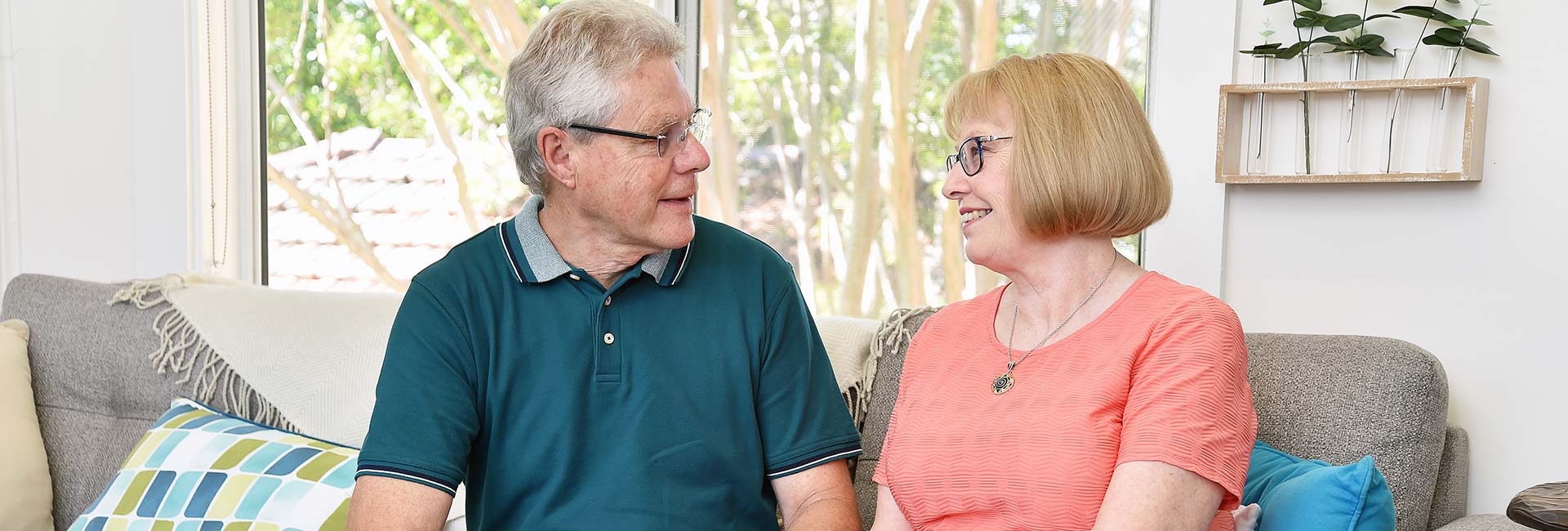What is TOP5?
People with dementia or other disabilities can have difficulty communicating their needs to strangers or difficulty coping in an unfamiliar environment. Often carers may hold the key to their communication and behaviour.
TOP5 is an opportunity for carers to voice their unique knowledge about the person they care for, and for health staff to harness this expertise to inform and guide them on the specific needs of a patient.
How does TOP5 work?
Carers are invited to share up to five essential strategies or care tips that would assist staff in supporting the patient or client during their everyday lives or during hospital admission. This information is written onto a TOP5 form.
The TOP5 form can be used by multiple service providers in hospitals, aged care facilities, supported accommodation and in the community, promoting patient-centred care at a time when people with confusion and communication problems are at their most vulnerable.
Who benefits from TOP5?
People with dementia or other disabilities who may have difficulty with:
- Problem solving
- Planning
- Learning
- Memory
- Speech
- Communication and being understood
 TOP5 can also be used to document cultural sensitivities, traditions and rituals.
TOP5 can also be used to document cultural sensitivities, traditions and rituals.
See:
Carers report greater satisfaction with the personalised care and support provided.
Staff are better equipped to meet the unique needs of the patient/client.
How can I complete a TOP5?
For a step-by-step guide on how to develop a TOP5, see our publications page.
Practice your skills in listening for and writing an effective TOP5 via the online video training.
Choose from the TOP5 for People of Aboriginal descent or People with a disability or why not complete both?
TOP5 has a suite of publications for staff, carers and patients that explain the TOP5 process and help with the development and understanding of TOP5 in different settings.
For TOP5 resources, including forms, stickers and tags, please contact the Carer Support Unit on 02 4320 5556.
TOP5 was developed and researched by Central Coast Local Health District. The strategy has been the subject of health and community-based trials across NSW and interstate. We welcome suggestions and comments.
Contact us on 02 4320 5556 or at CCLHD-CSUCC@health.nsw.gov.au.

